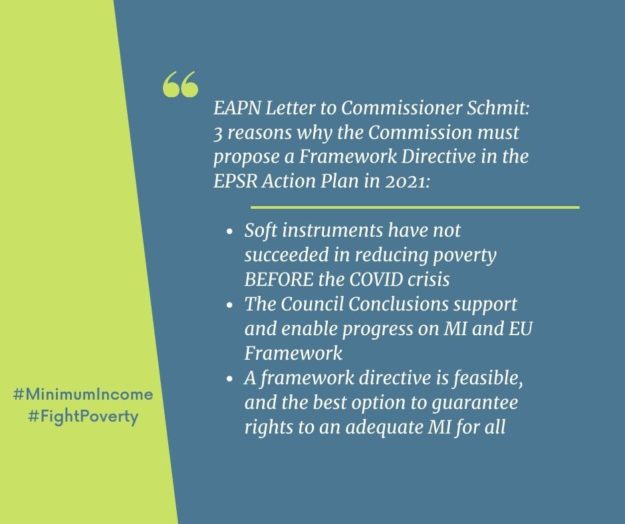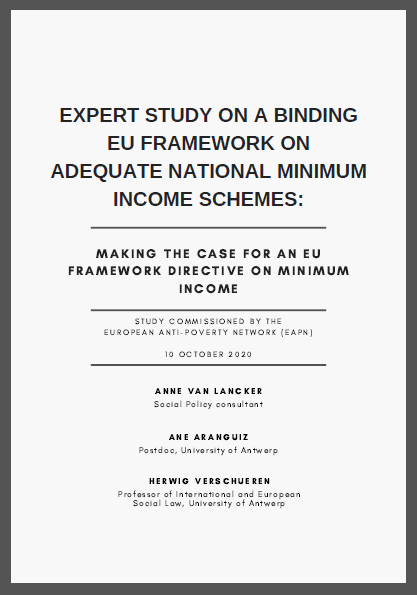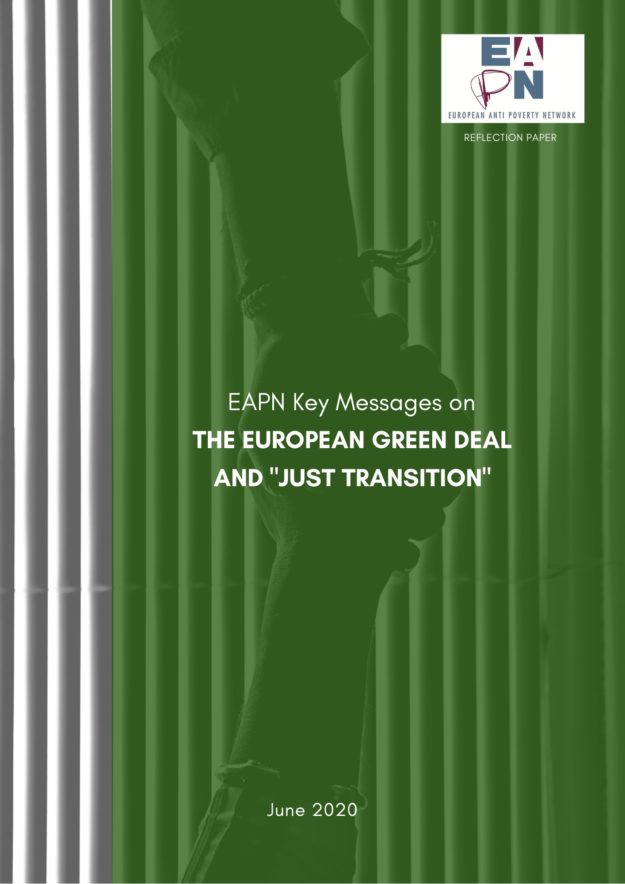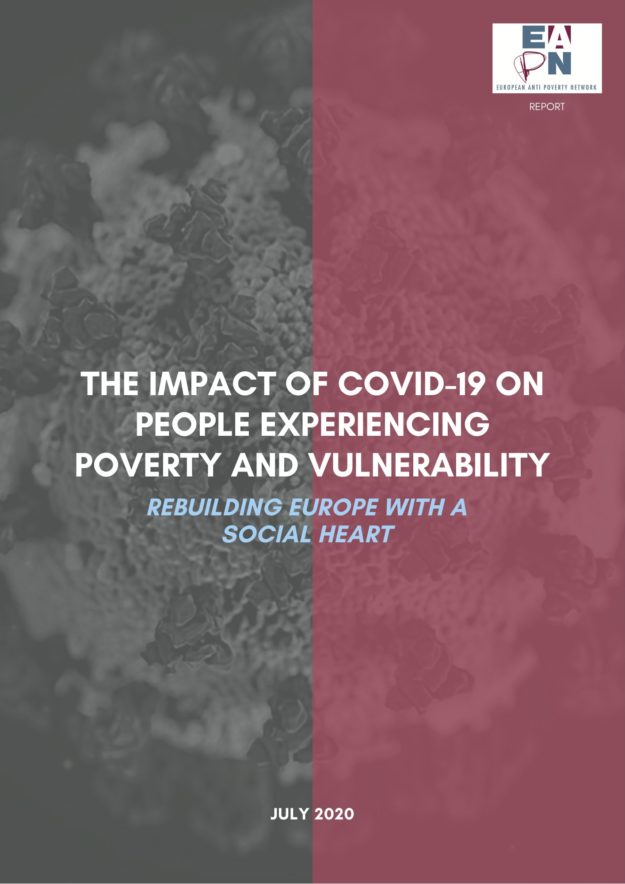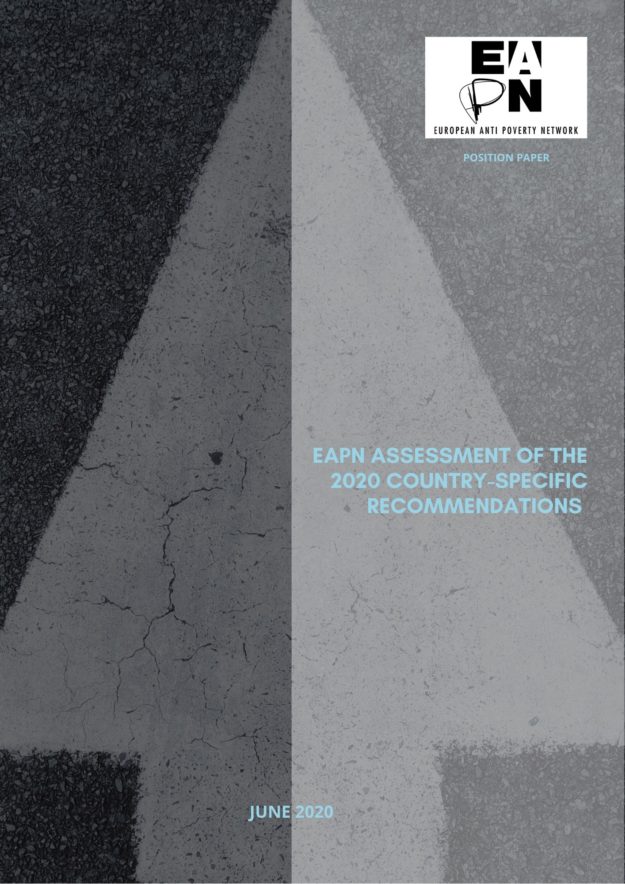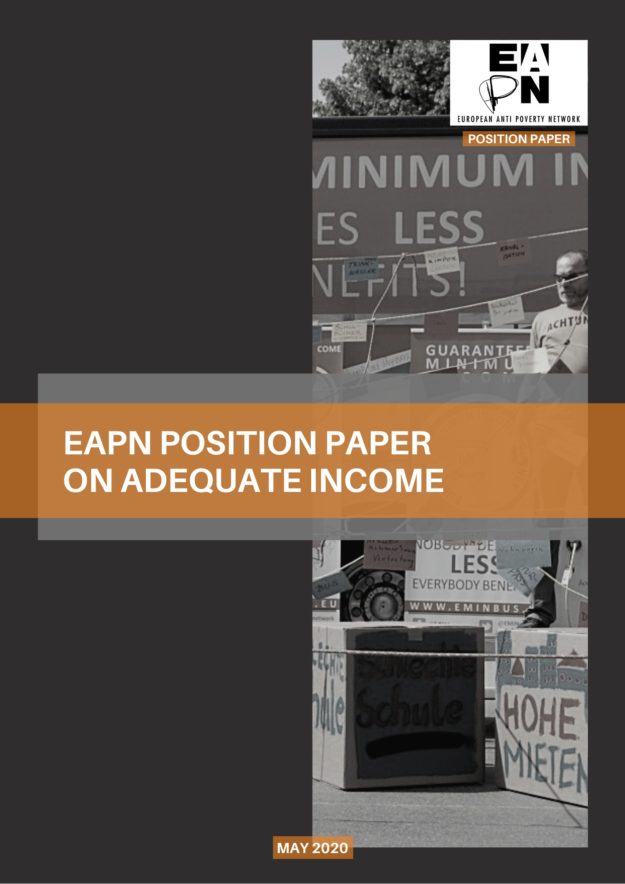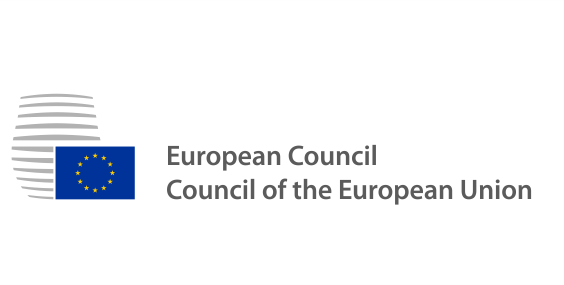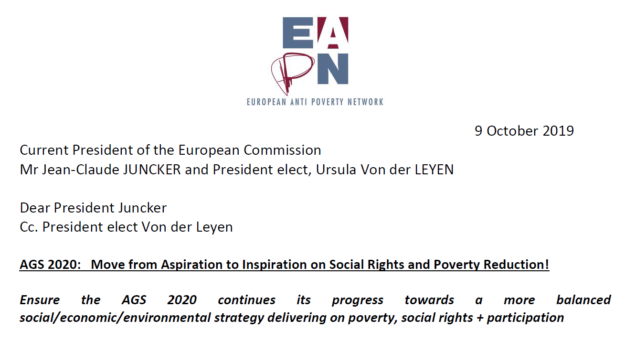Minimum Income Framework Directive | EAPN letter to Commissioner Schmit
Following the recently adopted EPSCO Council Conclusions on ”Strengthening Minimum Income Protection to Combat Poverty and Social Exclusion in the COVID-19 Pandemic and Beyond”, we wrote a letter to Commissioner…

